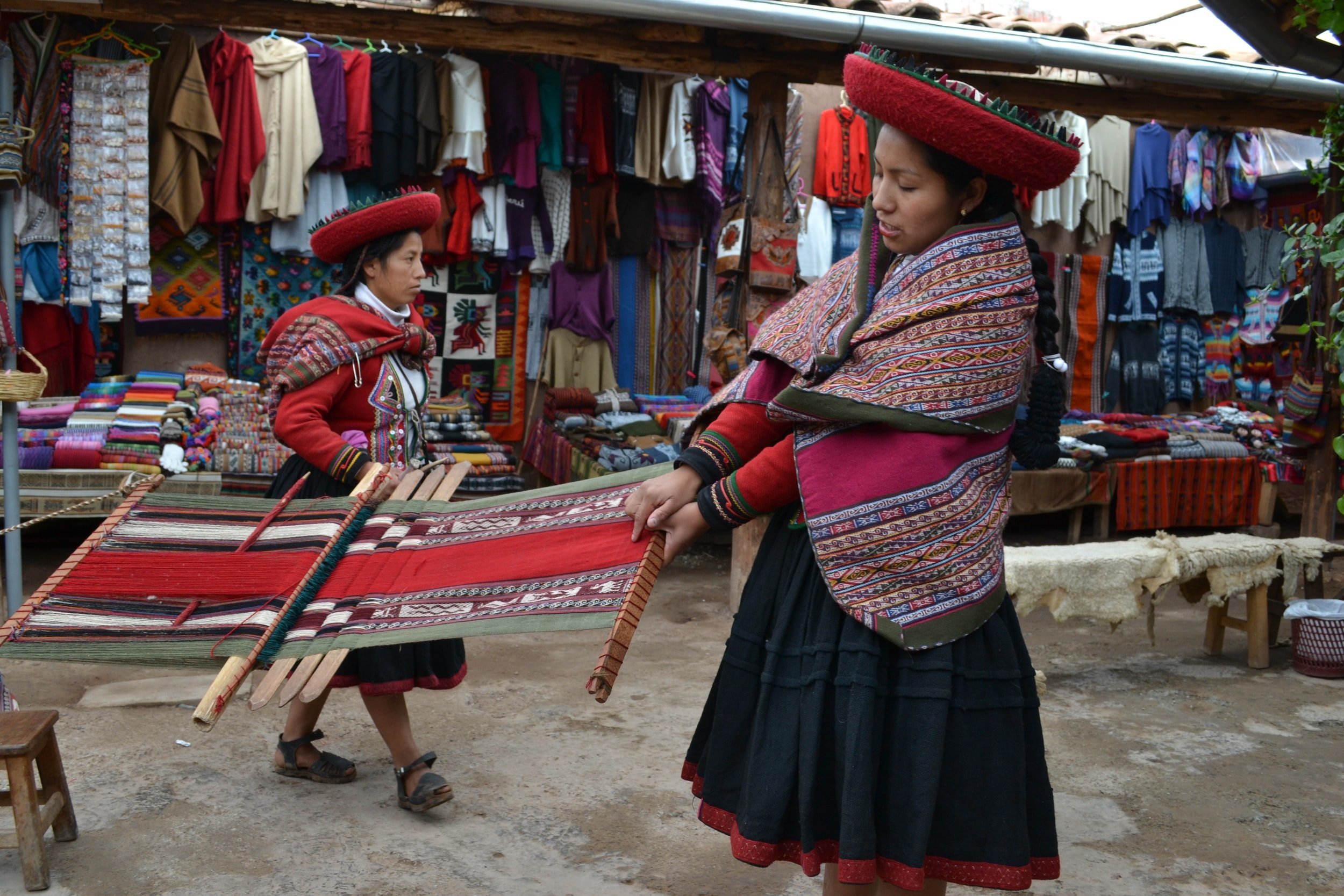5 ways you can make your next trip Nature Positive
Bohol Island, Philippines
Let’s debunk a myth about travel: it does not always have a detrimental environmental impact. As a tourist, you can even become a force for good. If you engage in nature positive travel, you can aid the biodiversity of a region and support local communities along the way.
Becoming a Nature Positive traveller is, fortunately, not that difficult.
So what does Nature Positive actually mean? Simply put - it means halting and reversing damage to nature so that the whole living world (biodiversity) can recover from its current depleted state. This involves both minimising ongoing harm and taking positive action to restore nature, to produce an overall benefit to biodiversity and help achieve Net-Zero.
That might sound intimidating - but the truth is, when you’re travelling, you can do things that not only minimise your impact on the environment but can affect meaningful change. So, you don’t need to feel guilty about planning your next trip. Instead, make yourself aware of the following ways to make your next trip nature positive.
Simple measures, like bringing a reusable water bottle, can help you to make your next trip Nature Positive
1. Leave nothing behind. There are many similarly useful slogans for travellers, but they all contain the same essential message. As a responsible traveller, you should aim to leave an area in the exact same state as it was prior to your visit. A common misconception is that this guidance only applies to outdoor enthusiasts, but visitors to cities should also be conscious. Think of your approach to this step in respect of, say, your use of plastic. Making a commitment to becoming a zero-plastic-waste-traveller means you will, quite literally, be leaving nothing behind after you leave a destination. Bear in mind that a garbage truck of plastic is dumped into our oceans every minute, so while you’re travelling you should aim to minimise, if not totally eradicate, your use of single-use plastics. Practicable, simple actions which can help you achieve this are by bringing along your own refillable coffee cups, water bottles and shopping bags.
Support local artisans and craftspeople
2. When in a locality, think local. When you’re in a region you haven’t been to before, you should seek out local producers of food and drink. Not only will you be supporting local communities, but you’ll be experiencing the essence of travel – trying something new – in a sustainable way. If you’re on the coast, plan a meal in a seafood restaurant that deals in fresh, sustainable catches brought in by local fishermen. In cities, you can search for eateries and bars whose ingredients and products come from the local area. And when it’s time to go home and you’re beginning to panic about those presents you said you’d bring back to your friends, why not buy a uniquely crafted souvenir from a local artisan?
Joining a local clean-up can be a social way to make your trip Nature Positive
3. Keep it clean. Get yourself involved in local clean-up activities. Sunning yourself on an exotic beach or visiting a National Park? Find out if there are organised clean-up events in which you can lend a hand. Many coastal towns and villages around the world have regular beach cleans, striving to protect our oceans, which are the source of half of our oxygen supply. These can be fun, and you can meet many interesting, like-minded people. One way to find out about these events is, of course, through social media. But you could also do it the old-fashioned way and ask a local. Consider going to visit sites on foot, if they’re within walking distance. Look up available public transport too - every traveller knows there is no better way to get to know a place.
Help the conservation of wildlife through responsible choices
4. It’s okay to pay to see animals, so long as they’re okay. A small amount of research goes a long way here. You might be an animal lover, but you should ensure that if you’re going to pay to observe animals everything about the place you visit should be ethical. Commit to going on excursions that are aiding and support the conservation of animals and wildlife and are not negatively impacting the biodiversity of the region.
Be selective when deciding on where to stay while travelling
5. Choose companies and accommodation mindfully. Choose companies that are committed to responsible travel and our planet. TreadRight.org is a great resource to learn more, and they even have a handy Make Travel Matter® Travel Checklist. Another leader in sustainable travel is The Intrepid Foundation where you’ll find a wealth of travel inspiration and can donate to projects. The good news is that Intrepid cover all administrative costs, so every cent you donate goes directly to local partners and those in need.






